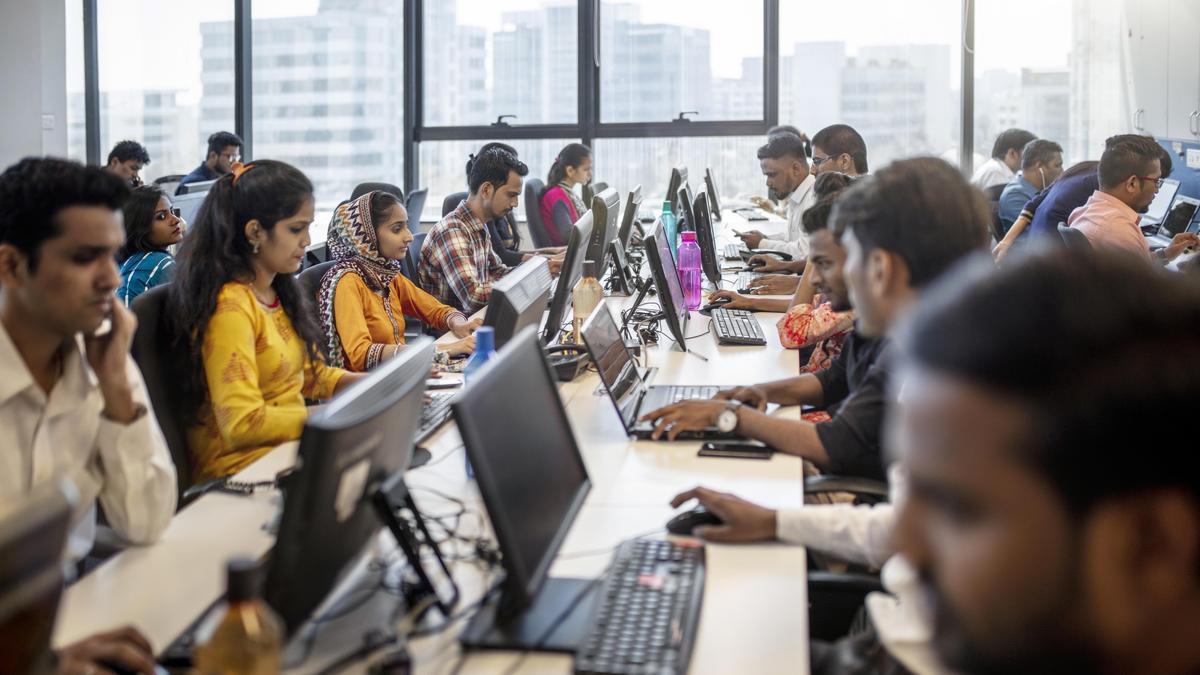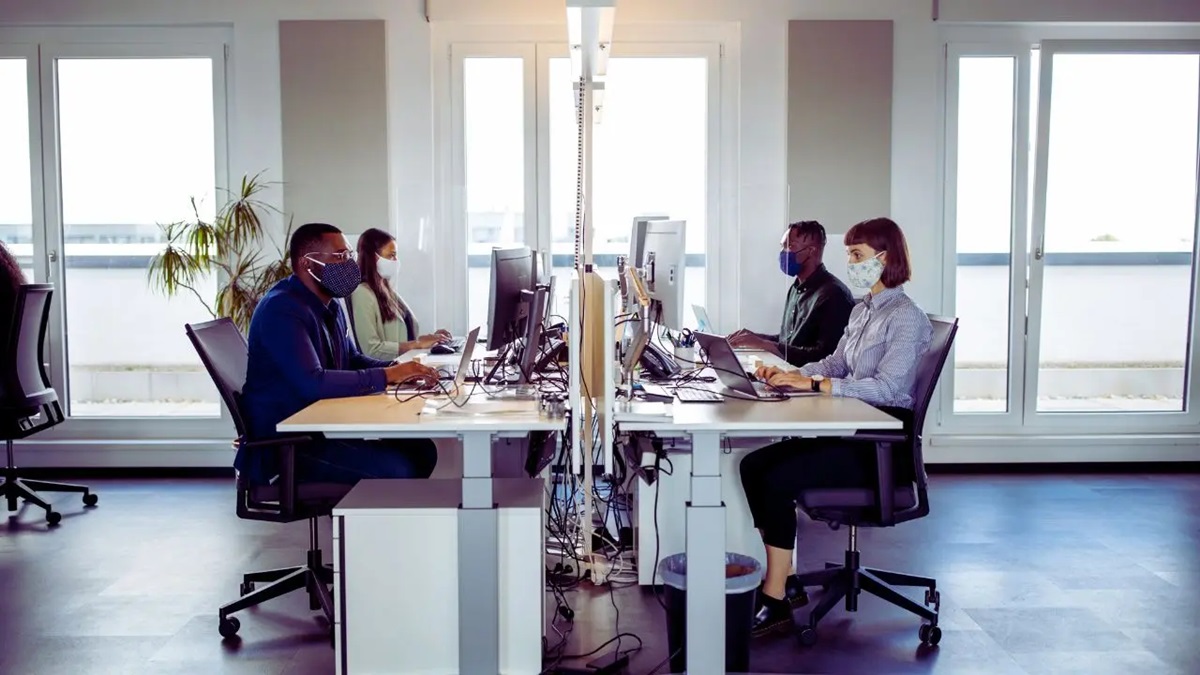Flexibility, well-being, and skills development are becoming as important as salary in attracting and retaining talent, according to a survey.
The JLL’s 2025 Workforce Preference Barometer showed that hybrid work becomes more permanent, with 71% of Asia Pacific workers now subject to mandated office attendance, and employee perception of the office is shifting. Notably, 75% of the workforce now views return to office policies positively. However, employees are increasingly demanding greater control over their time, more supportive workplace environments, and stronger opportunities to prepare for the future of work.
The research outlines the workforce’s biggest challenges and priorities and how corporate real estate and business leaders can work together to design and curate office spaces that meet employee needs well into the future.
Flexibility shifts from location to time
While the early years of hybrid work revolved around location choice, 2025 marks a shift in employee priorities. Flexibility is now defined by control over working hours rather than simply the ability to work remotely. At least 59% of Asia Pacific employees say flexible hours would improve their quality of life, and 54% would choose a new employer based on flexibility offerings alone. Yet, a significant gap between demand and expectations remains, with many organisations still offering rigid schedules despite employees’ clear preference for time autonomy.
Burnout on the rise
The research highlights a growing well-being challenge. Six in ten employees in the Asia Pacific report moderate to high levels of burnout, consistent with the global average. Burnout is strongly correlated with turnover intentions, with affected employees far more likely to consider leaving their jobs. The drivers are multifaceted, from high workloads and limited flexibility to insufficient career development opportunities, but the message is clear: employers must address work-life balance and wellbeing as a strategic priority, not just a perk.
AI skills gap threatens workplace readiness
While 46% of Asia Pacific employees have received some form of AI training, ahead of the global average, only one in three feel confident in applying AI tools effectively in their roles. The confidence gap is particularly stark among older workers, with only 15% of employees aged 50 and above feeling adequately trained. Regional disparities are also evident, and without targeted, inclusive upskilling strategies, the region risks leaving significant segments of its workforce behind.
Workplace experience still matters
Beyond flexibility and skills, the physical workplace remains a critical factor in employee satisfaction. While most workers are content with basics such as workplace hygiene, desk availability, lighting, and collaboration spaces, many are calling for enhancements that support creativity, wellbeing, and community. Access to outdoor areas, wellness and recharge zones, and spaces designed to inspire innovation are among the top requests. Immersive company culture experience, such as opportunities to connect with colleagues and organisational values, proves increasingly important in an era of hybrid work.
“The conversation in Asia Pacific has shifted from where people work to how work fits into their lives,” said Susheel Koul, CEO, Real Estate Management Services, Asia Pacific, JLL. In 2025, the organisations that will win the talent race are those that balance structure with autonomy, prevent burnout, and prepare their people for the opportunities and challenges of the future.”
“Employers that wish to attract and retain top performers must move beyond simply mandating office attendance. Instead, they should focus on creating workplaces that employees actively want to be part of, offering flexibility that genuinely improves quality of life, addressing burnout through sustainable work practices, and investing in inclusive, future-focused skills development,” said Kamya Miglani, Head of Work Dynamics Research, Asia Pacific, JLL.
JLL’s 2025 Workforce Preference Barometer gathers insights from 3,100 office workers across nine markets in the Asia Pacific employed at organisations with more than 1,000 staff members and representing sectors from finance to technology, manufacturing and public services.




















